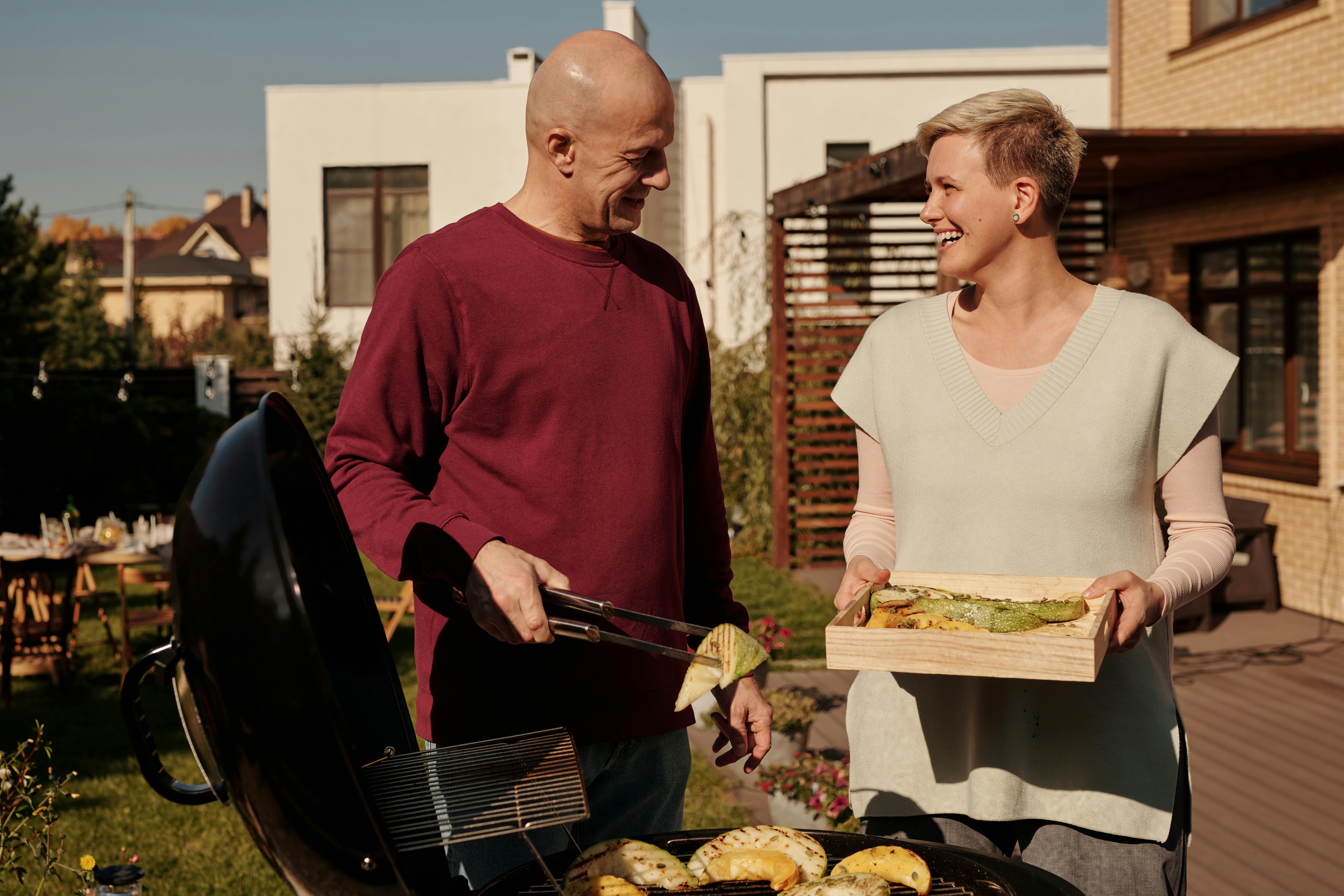Turning your love for home-cooked meals or sweet treats into a backyard food business feels exciting. You want to share your recipes and maybe make some money, too.
Yet, every homemade brownie or savory pie comes with its own set of rules when you sell it to the public.
Food safety basics cannot be skipped. From keeping things spotless to following local laws, small changes help keep both your kitchen and customers safe.
Ready for practical steps that keep you clean and legal? Read along for clear advice that helps you stay on track.
Understanding Local Food Laws and Permits
To get things right in the F&B industry, you want to first get familiar with the applicable regulations. It really doesn’t matter much how big or small you are.
Health departments view backyard food businesses like any other operation serving the public. Cities often require permits before selling even a single cookie. States may limit what types of foods can be made at home or ask for annual kitchen inspections.
These rules keep everyone safer and make it easier if you decide to grow your business later on.
Effective Cleaning Methods for Home Kitchens
You want your kitchen to stay spotless, no matter how busy things get. Food crumbs or splatters left behind make it easier for bacteria to spread.
Make sure to wipe surfaces after every task using food-safe cleaners. Scrub tools and boards with hot water before moving on to new ingredients. Change out dishcloths daily so germs don’t linger.
For deeper cleaning, set aside a weekly slot for sinks, floors, and hard-to-reach spots where grime hides best.
Setting Up the Right Sinks for Easy Compliance
Think of your sink as the nerve center of a food-safe kitchen. Used pans, messy bowls, and even raw produce all pass through it at some point. That constant traffic makes a cramped or single-basin model tough to keep up with growing demands.
Stainless steel sinks work best since they are easy to sanitize and last for years. For kitchens moving from hobby to real business, free-standing or wall-mounted setups both fit tight spaces.
Upgrading to three compartment sinks gives you a smart solution that satisfies inspectors while streamlining every cleaning task.
Safe Ingredient Sourcing from Your Backyard
Getting ingredients straight from your backyard garden can give meals a personal touch. Quality matters even more when you plan to sell unique recipes like bread with garlic, chili & herb focaccia.
So:
- Make sure soil is safe and compost piles do not attract pests.
- Always rinse fresh herbs or veggies under running water before use.
- Store picked produce in clean bins away from raw meat and dairy to avoid mixing bacteria.
A bit of extra care helps your flavors stand out for all the right reasons.
Storage Solutions to Prevent Cross-Contamination
How you store your ingredients, baked goods, or meals before serving matters. Warm weather and limited fridge space can easily put food at risk.
Try these storage solutions for better safety:
- Airtight plastic or glass containers
- Color-coded bins for raw and cooked items
- Stackable shelves that keep foods separated
- Clearly labeled freezer bags with date tags
Also, rely on a dedicated thermometer to track your cold spots. Keep meats low in the fridge so juices cannot drip down. These habits help cut contamination risks as your operation scales up.
Creating a Sanitation Plan That Works at Home
The food business is a lot about being proactive. And that’s especially true when sanitation and being legally compliant are in the picture.
A simple plan uses written checklists taped inside your pantry or near the sink. List tasks like daily disinfecting, hand washing routines before prep, and regular checks for spoiled ingredients.
Scale up by adding logs for refrigerator temps or using phone reminders to rotate stock weekly. The key is sticking with habits so your kitchen always meets safety rules without extra stress on busy days.
Affordable Equipment Upgrades for Small Spaces
Even a small backyard kitchen can meet strict food business standards with the right gear. Growing your menu or taking on bigger orders often means adding smarter, more efficient tools.
Try these upgrades for tight quarters:
- Compact commercial mixers
- Under-counter refrigerators
- Foldable prep tables
- Slimline shelving units
- Portable induction burners
Choose equipment that fits how you cook now but can also handle future recipes or larger batches. Each investment saves time and helps keep your space safe, organized, and easy to clean.
Handling Waste and Kitchen Byproducts Responsibly
Trash and scraps pile up fast when you cook for others. Pests, smells, or leaks may only get worse as your orders increase.
So,
- Use sealed bins that are easy to rinse out.
- Take garbage outside at the end of every day instead of waiting for a full load.
- Store compost far from cooking spaces.
Keep in mind that spotting bugs or signs of rodent infestation, even once, can convince customers never to return. Stay on top of clean-up routines with:
- gloves,
- masks,
- and a clear checklist so your kitchen always stays safe and welcoming.
Training Helpers and Family Members in Food Safety
Chances are you’ll have some help running daily operations in your home-based food business. Whether from employees or family members, everyone should follow the same rules.
Walk through handwashing routines and show proper cleaning steps for every tool. Use clear labels on storage bins to avoid mix-ups. Give helpers a simple checklist so nothing gets missed when times get busy.
When your whole team understands safe practices, mistakes happen less often. Health inspectors see that you run a professional kitchen regardless of size.
Starting small never means skipping safety. Staying informed, organized, and attentive protects your passion and, most importantly, those you serve. Good habits today help ensure every homemade meal shared tomorrow stays safe. It’s legal and worth coming back for.

